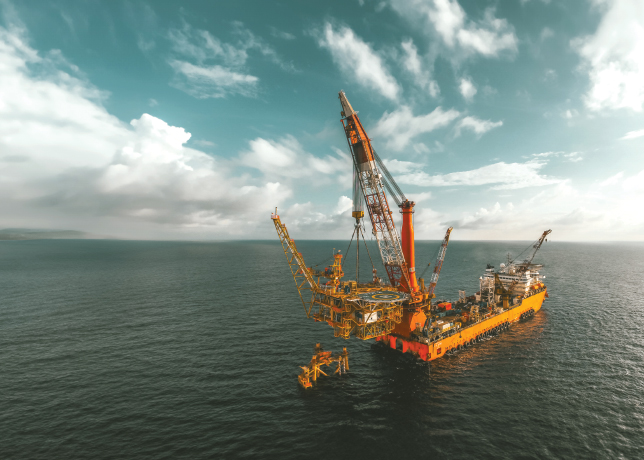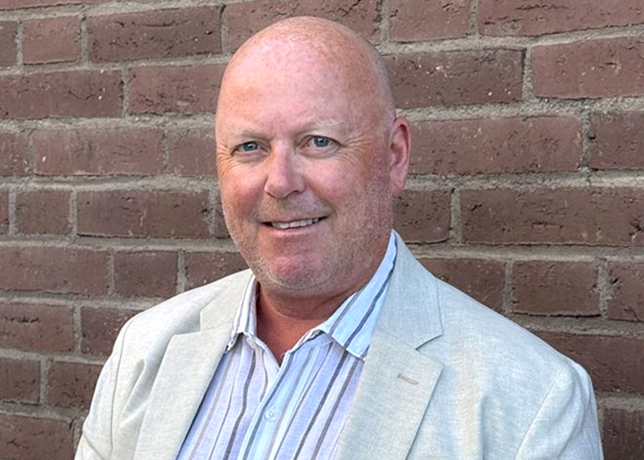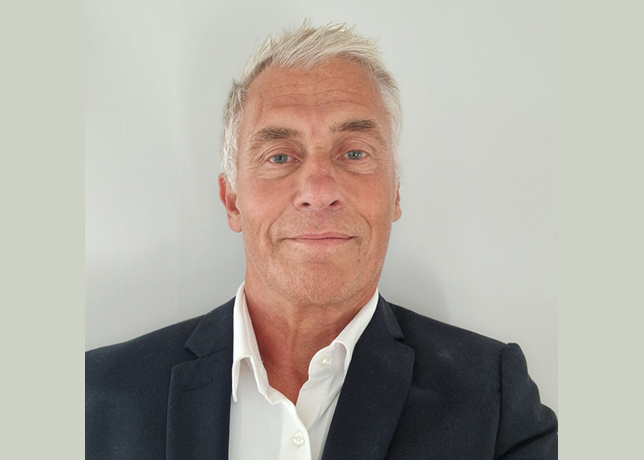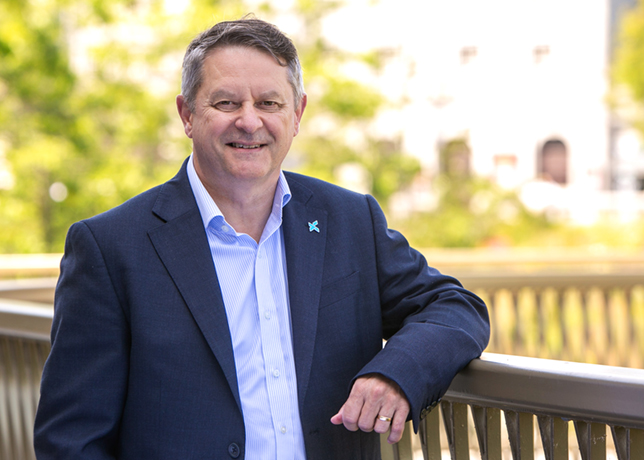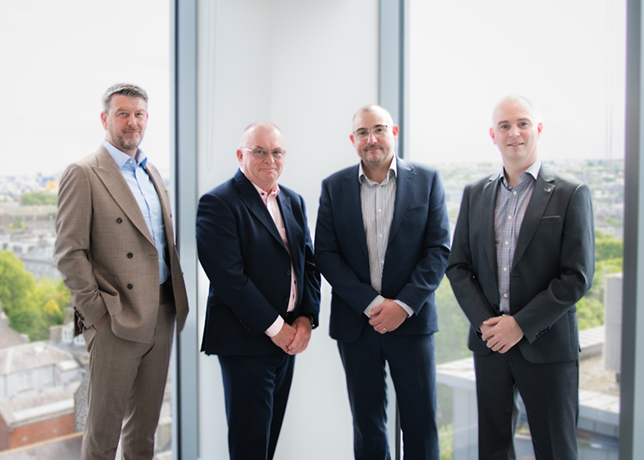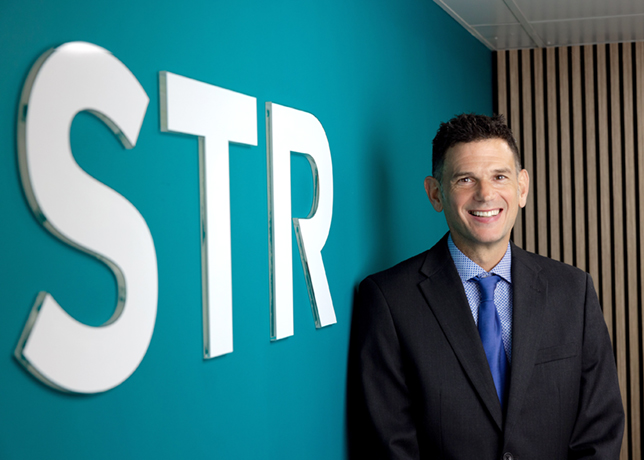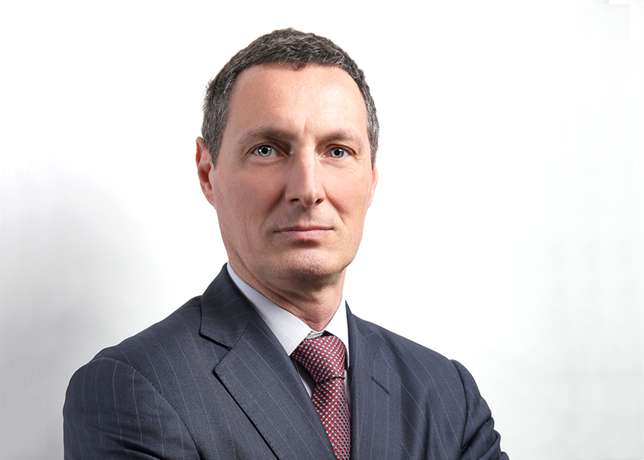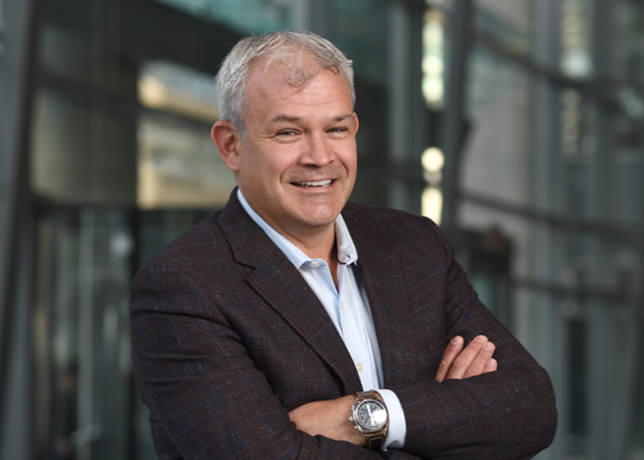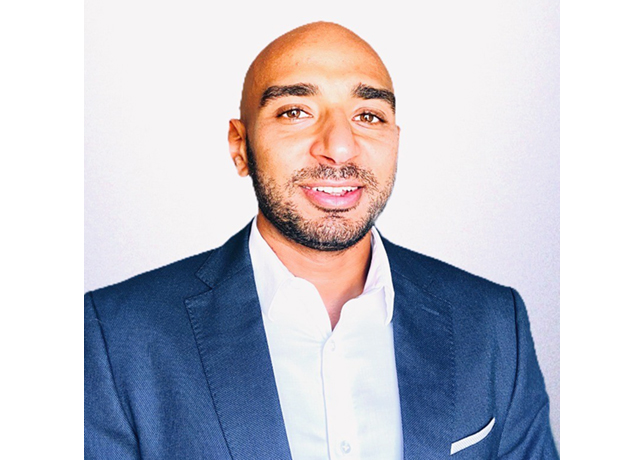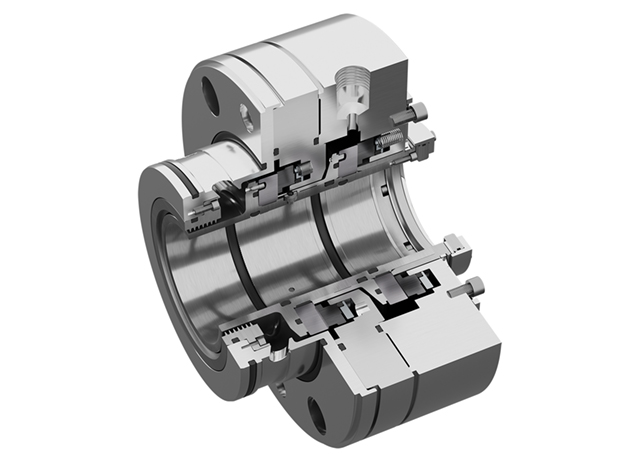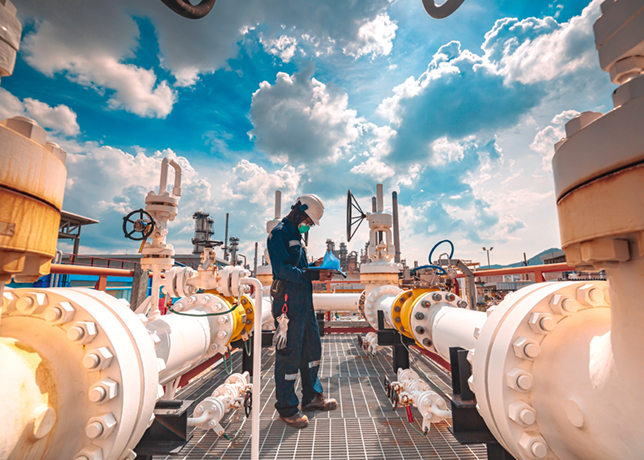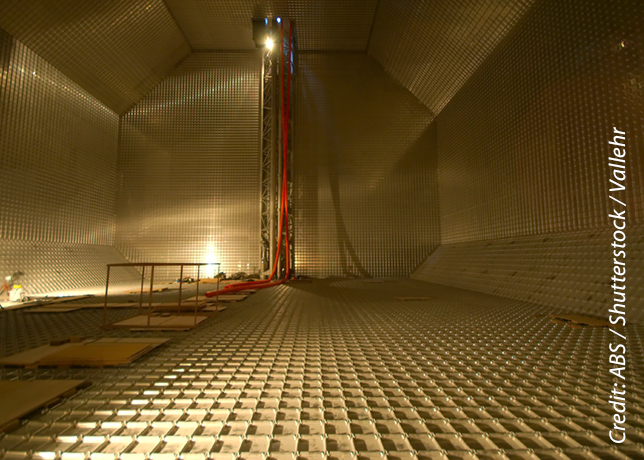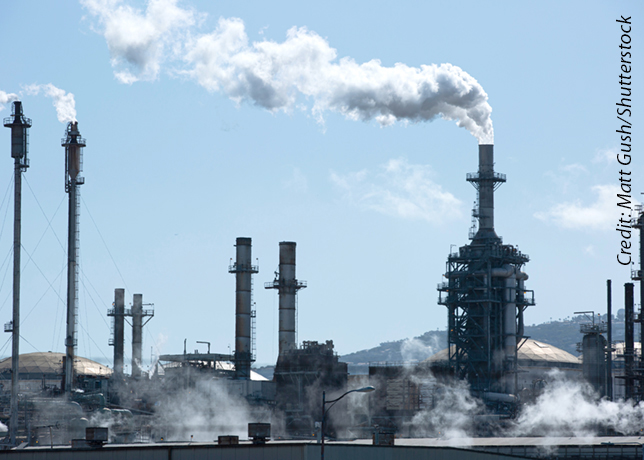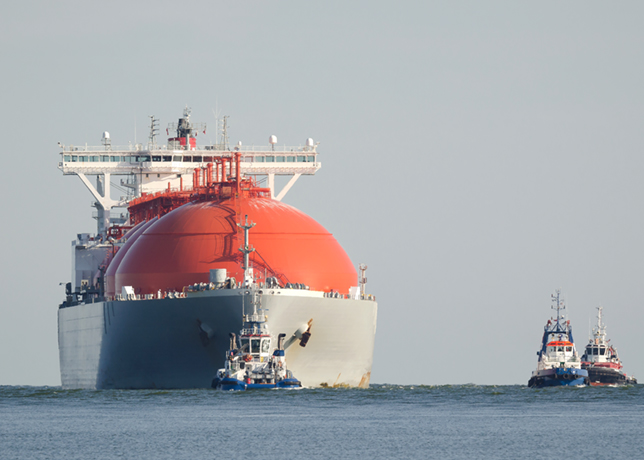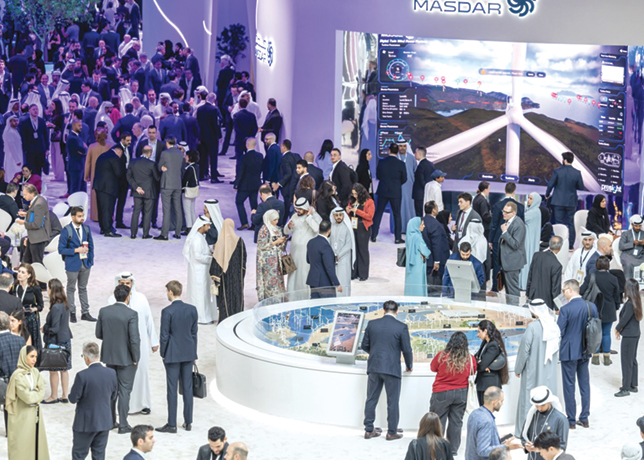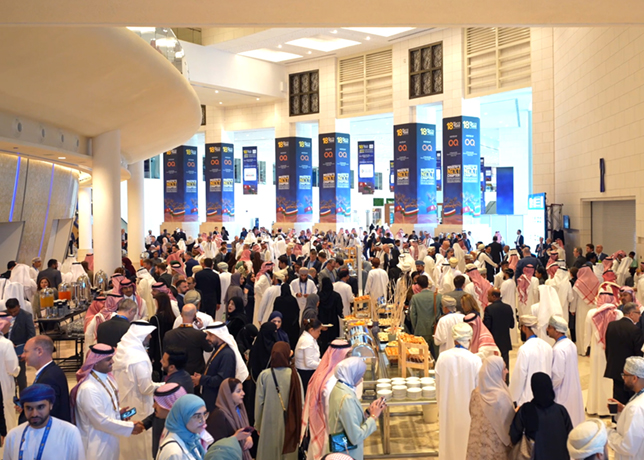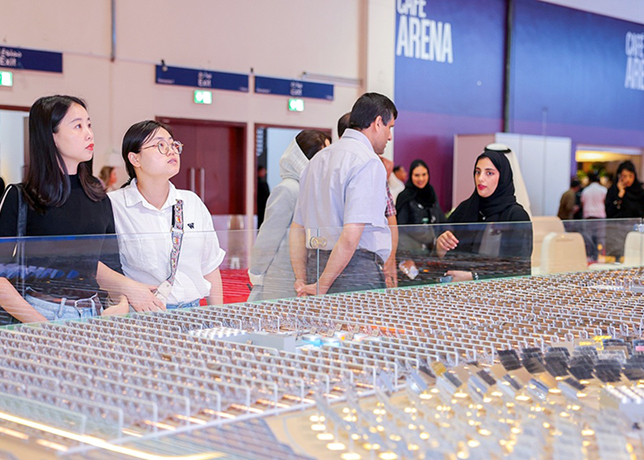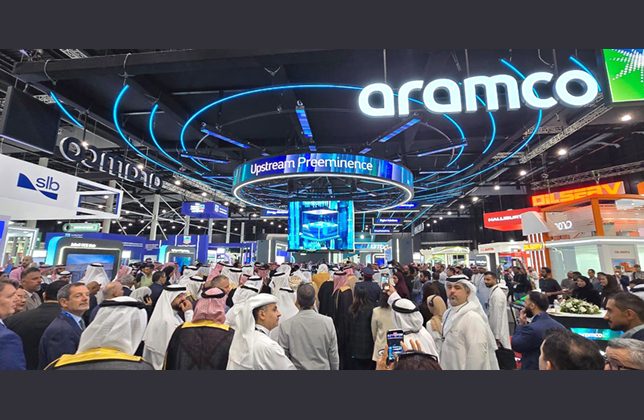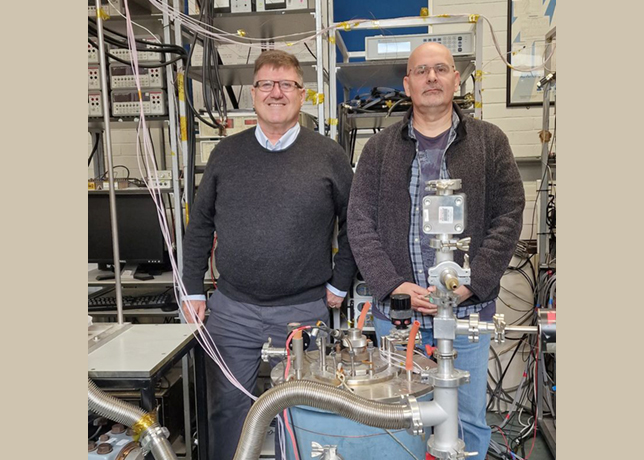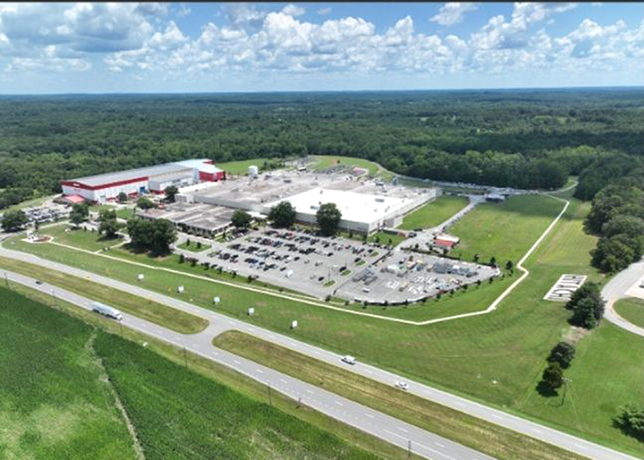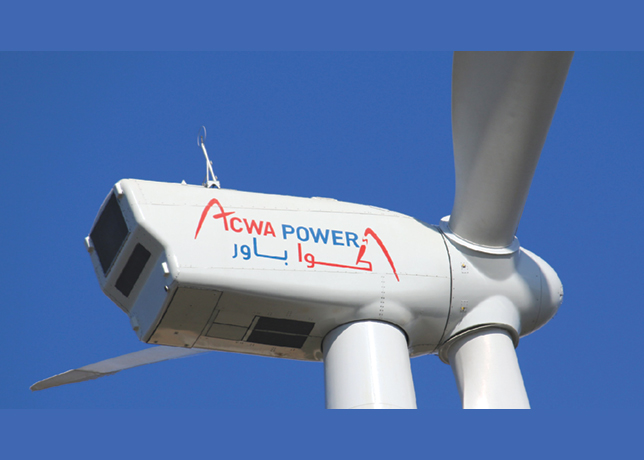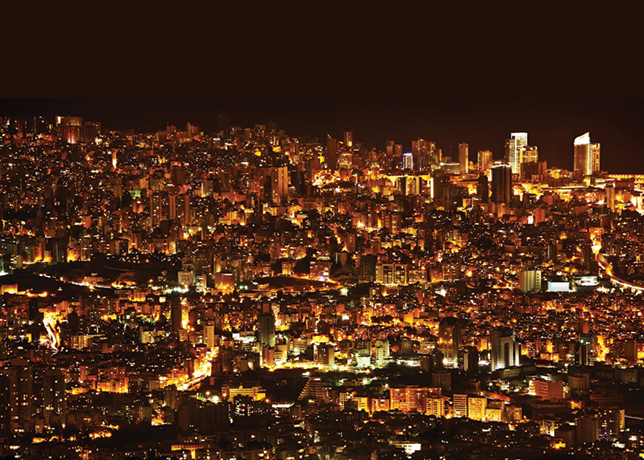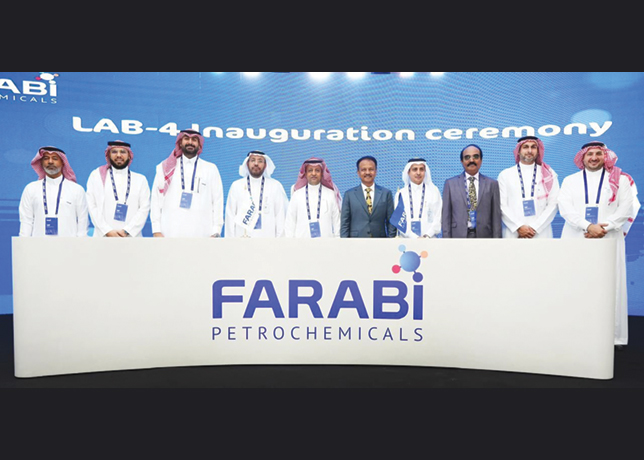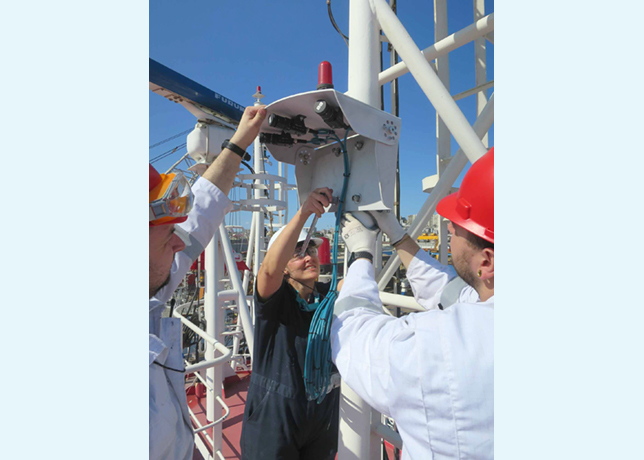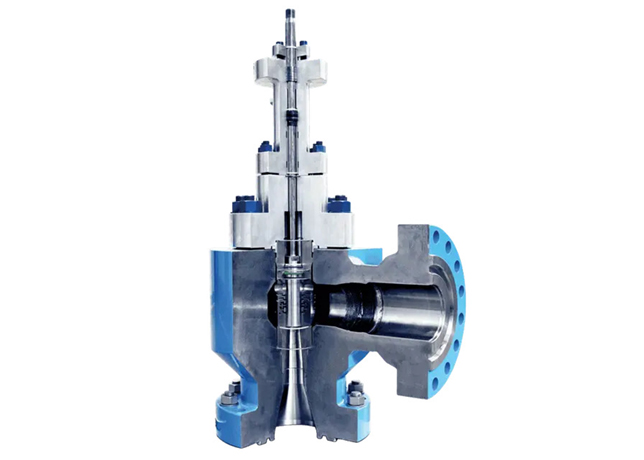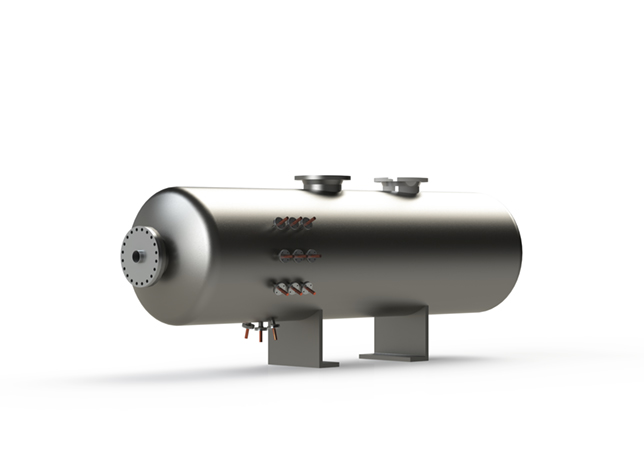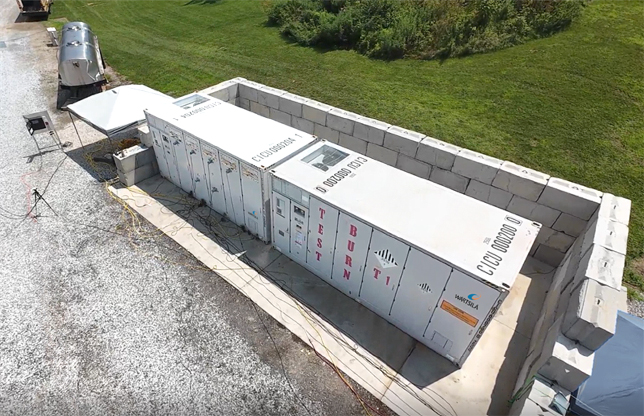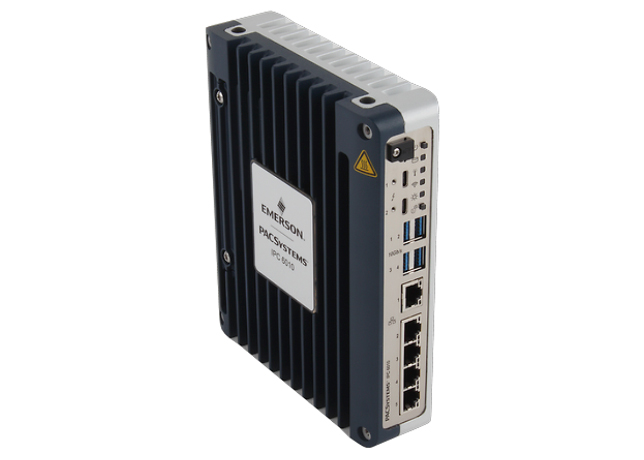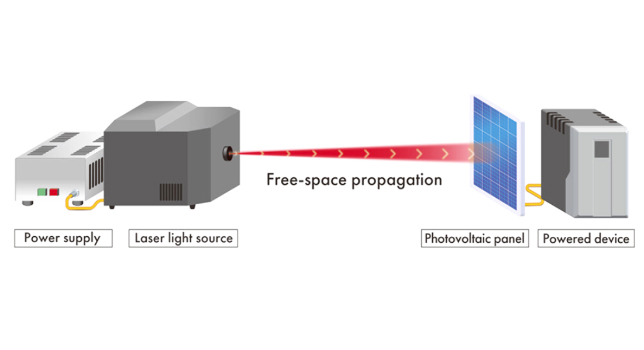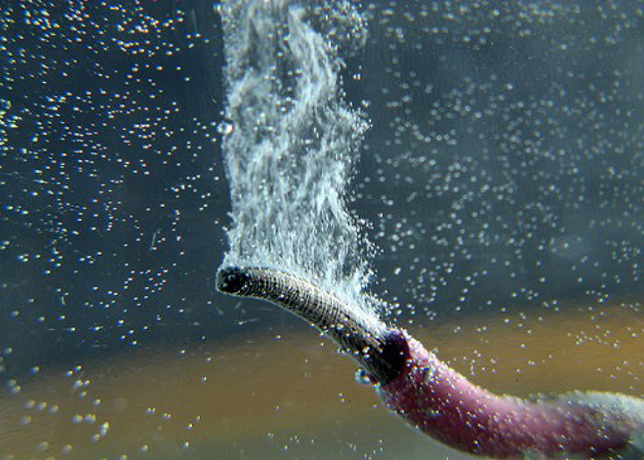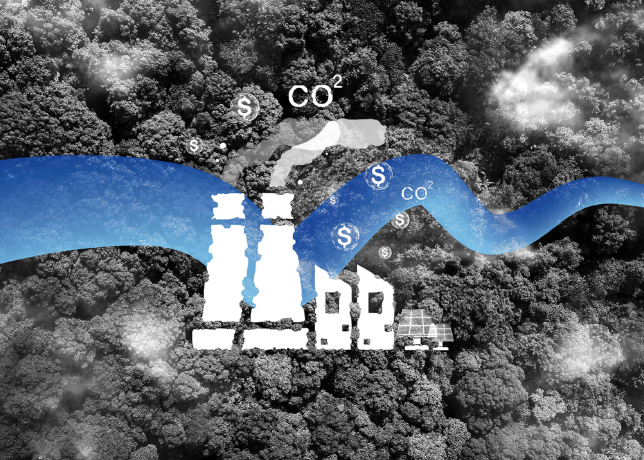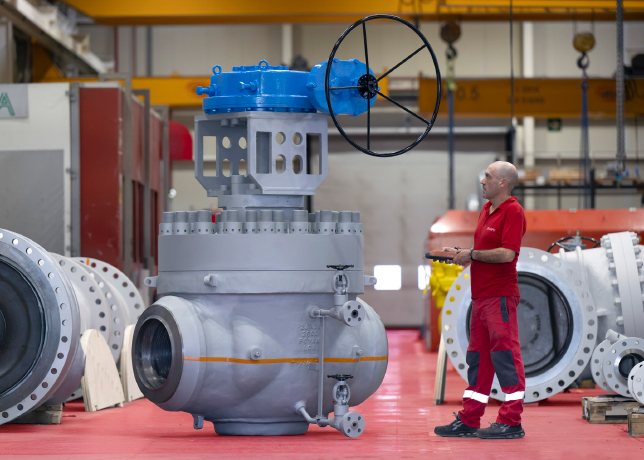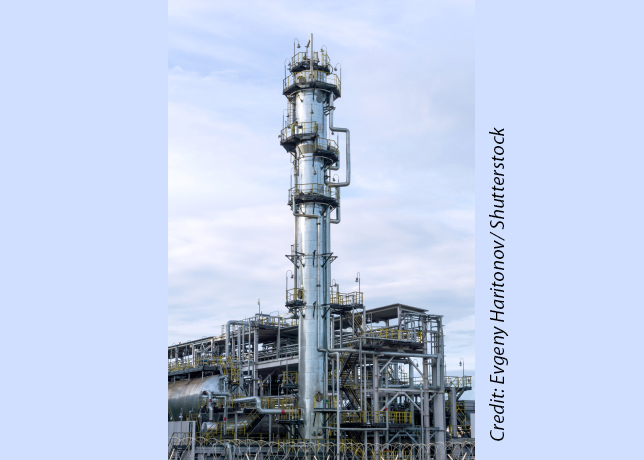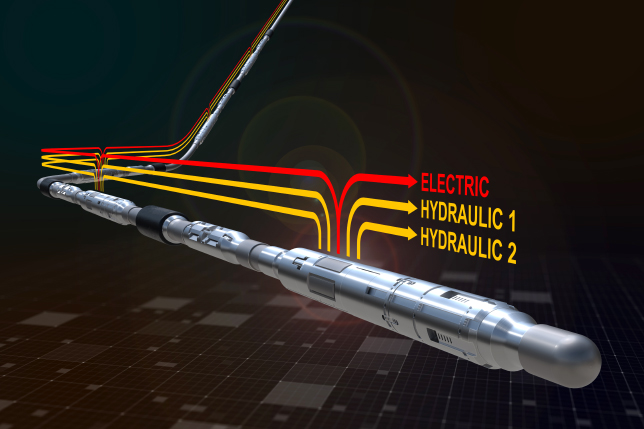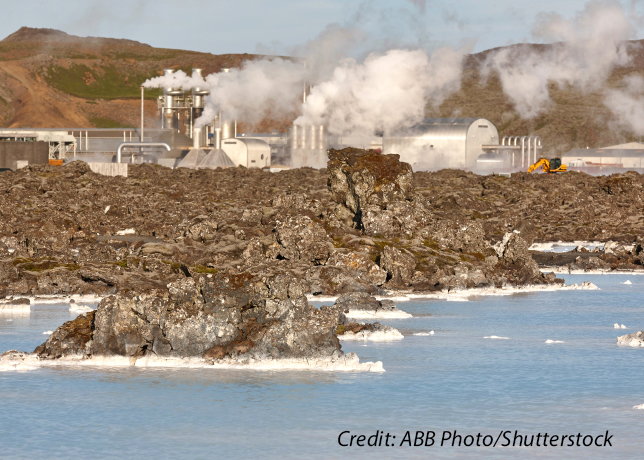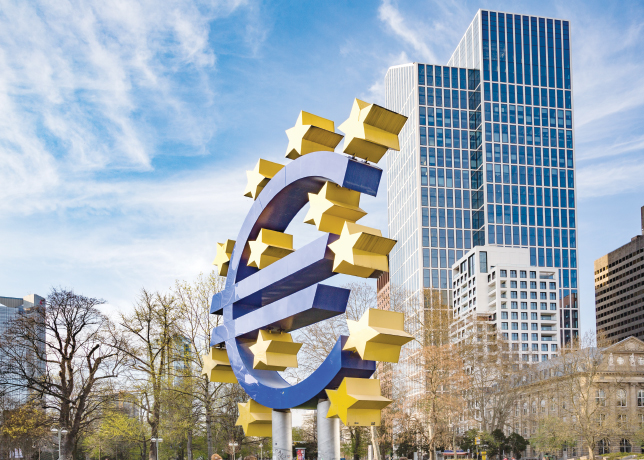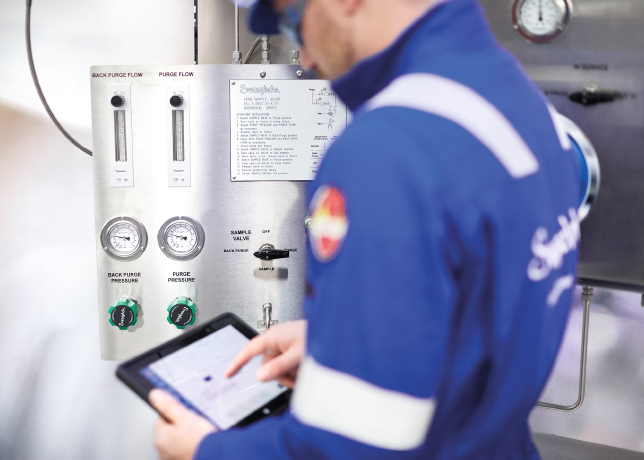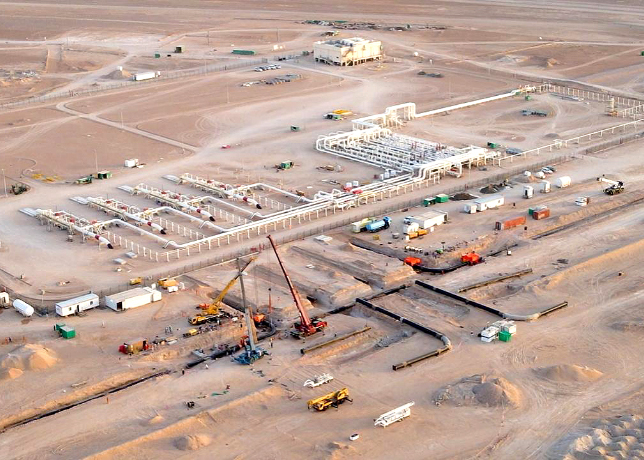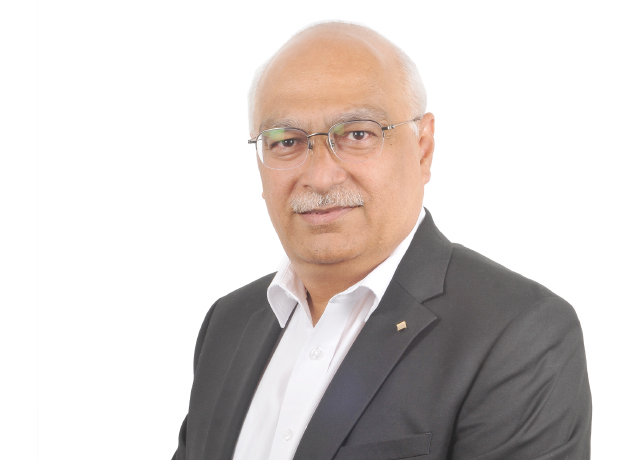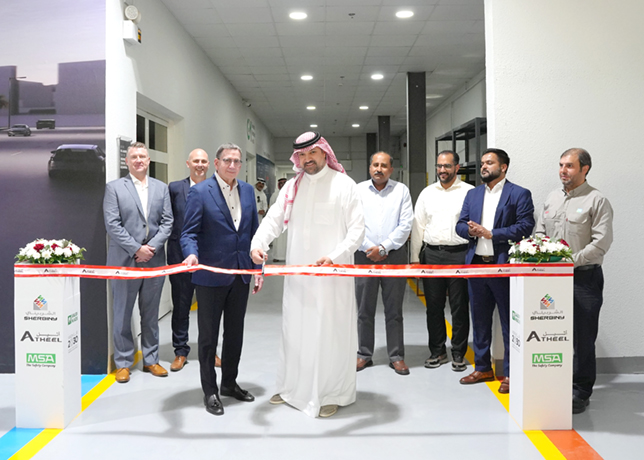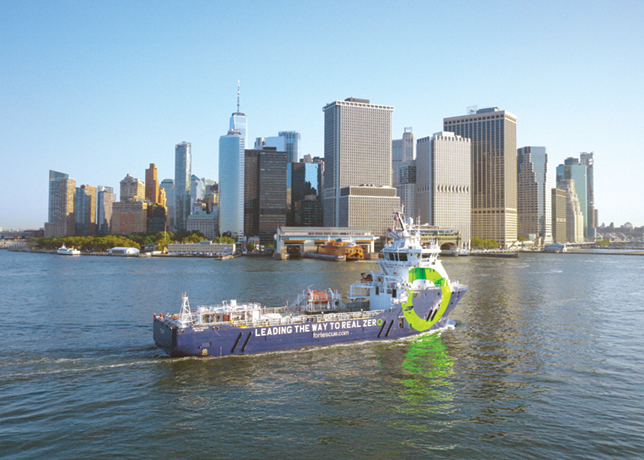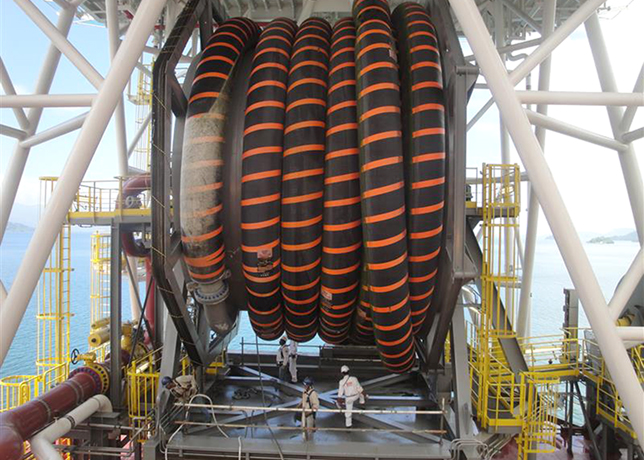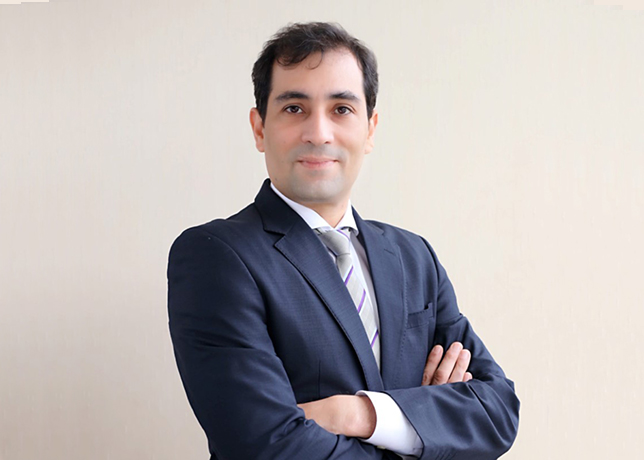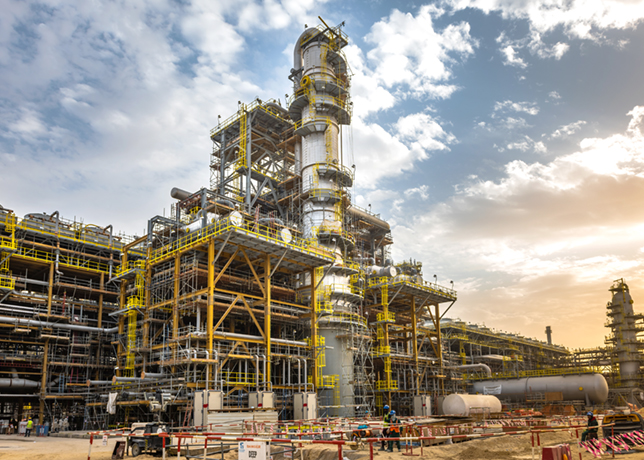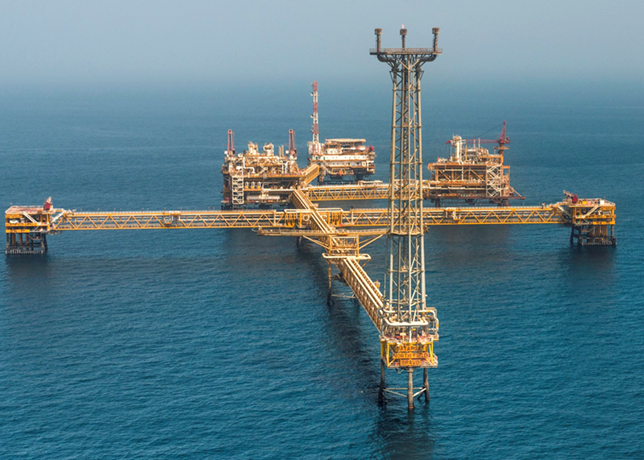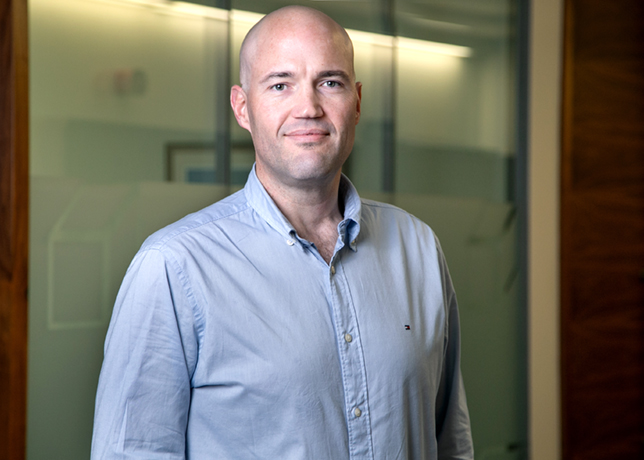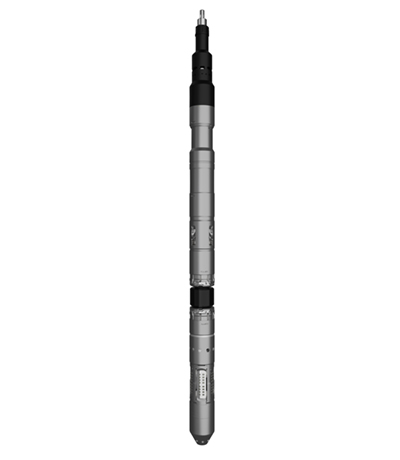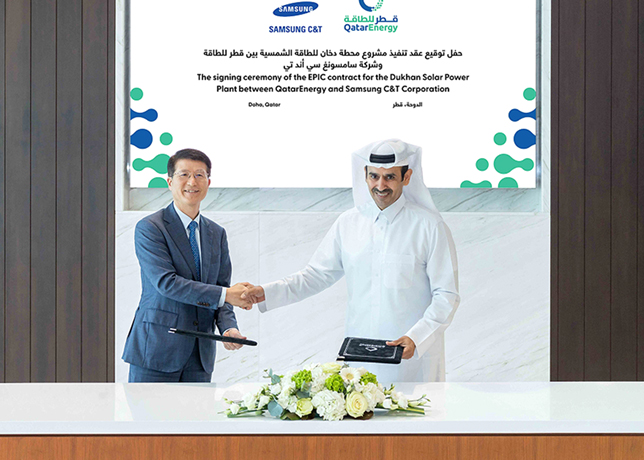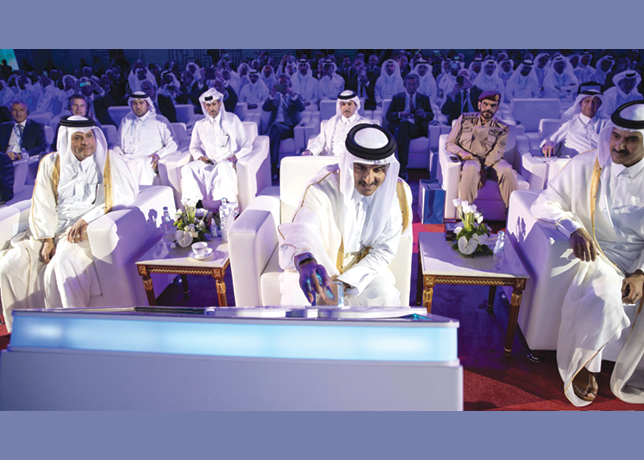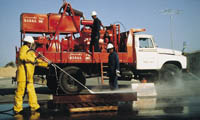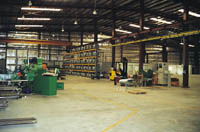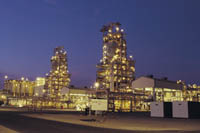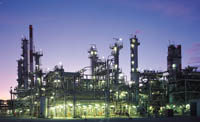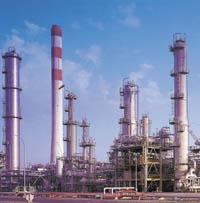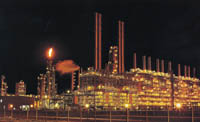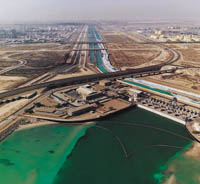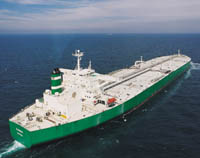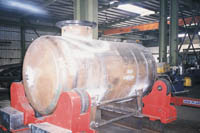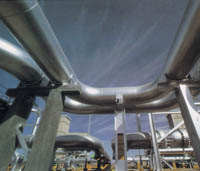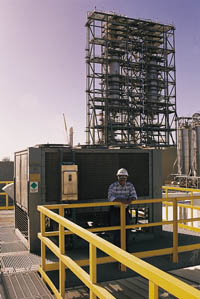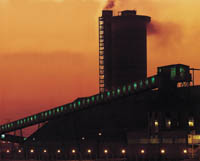

Since the development of Jubail and Yanbu as industrial cities, the Royal Commission has made a conscious effort to balance productivity with environmental protection.
More than a quarter of a century later, many of the cities' wildlife remains untouched, thanks to stringent environmental standards and policies.
Prudent planning and design, followed by constant monitoring and enforcement, study and research, have ensured that this continues.
Early on, the Royal Commission established comprehensive programmes in Jubail and Yanbu to monitor ambient and source factors influencing the environment.
Ambient monitoring determines whether the environment is being adversely affected by industrial activities and assesses any increase in pollutant levels over a wide area. Source monitoring is conducted at individual industrial sites where air emissions and wastewater discharges occur to determine pollution levels.
Monitoring programmes in the cities include meteorological and air quality data; groundwater elevation and quality checks; Red Sea and Gulf waters and marine populations are periodically checked, and oil tanker activities monitored, to guard against marine or coastal degradation; seawater used in cooling processes is sampled to confirm that water quality has not been altered and that any increases in temperature are within acceptable limits; industrial wastewater is analysed to ensure that pollutant levels do not exceed the treatment capacity of the industrial wastewater treatment plant; handling and disposal of solid wastes is closely monitored; noise levels are monitored; and computer models assess the risk of hazardous substances produced in the industrial areas.
Computer models are able to predict the dynamics of toxic plume movements, concentrations of various components and those residential locations which might be affected by an accidental chemical release.
Environmental and public health laboratories also analyse air, water and hazardous wastes.
To further reinforce the cities' environmental commitments, it was announced recently that an inter-agency government committee was to be formed to monitor the proper disposition and use of Methyl Tertiary Butyl Ether (MTBE), a gasoline additive which boosts octane and is an alternative to lead-derivatives.
Saudi Arabia is one of the leading producers of MTBE, with Sabic affiliates Sadaf, Ibn Sina and Ibn Zahr producing more than 2.85 million tonnes per year (tpy).
The committee will also look at the production aspect, use and disposal of MTBE-enhanced unleaded gasoline, which was introduced in Saudi Arabia at the start of this year.
Dr Halim Hamid Radhwi, section manager of the Center for Refining and Petrochemicals at the KFUPM Research Institute has said that a recent survey on air pollution showed that the quality of air in the Kingdom, including lead content, is by far much cleaner than other major cities in the world.
A number of US states, including California, have banned MTBE because it is claimed that it has a harmful effect in a cold climate, though Dr Radhwi admitted that medical findings and scientific studies had showed that the additive was not carcinogenic, toxic or harmful to health.
The inter-government agency will, however, ensure that all MTBE storage tanks, including lead-free gasoline storage facilities, are properly sealed.




